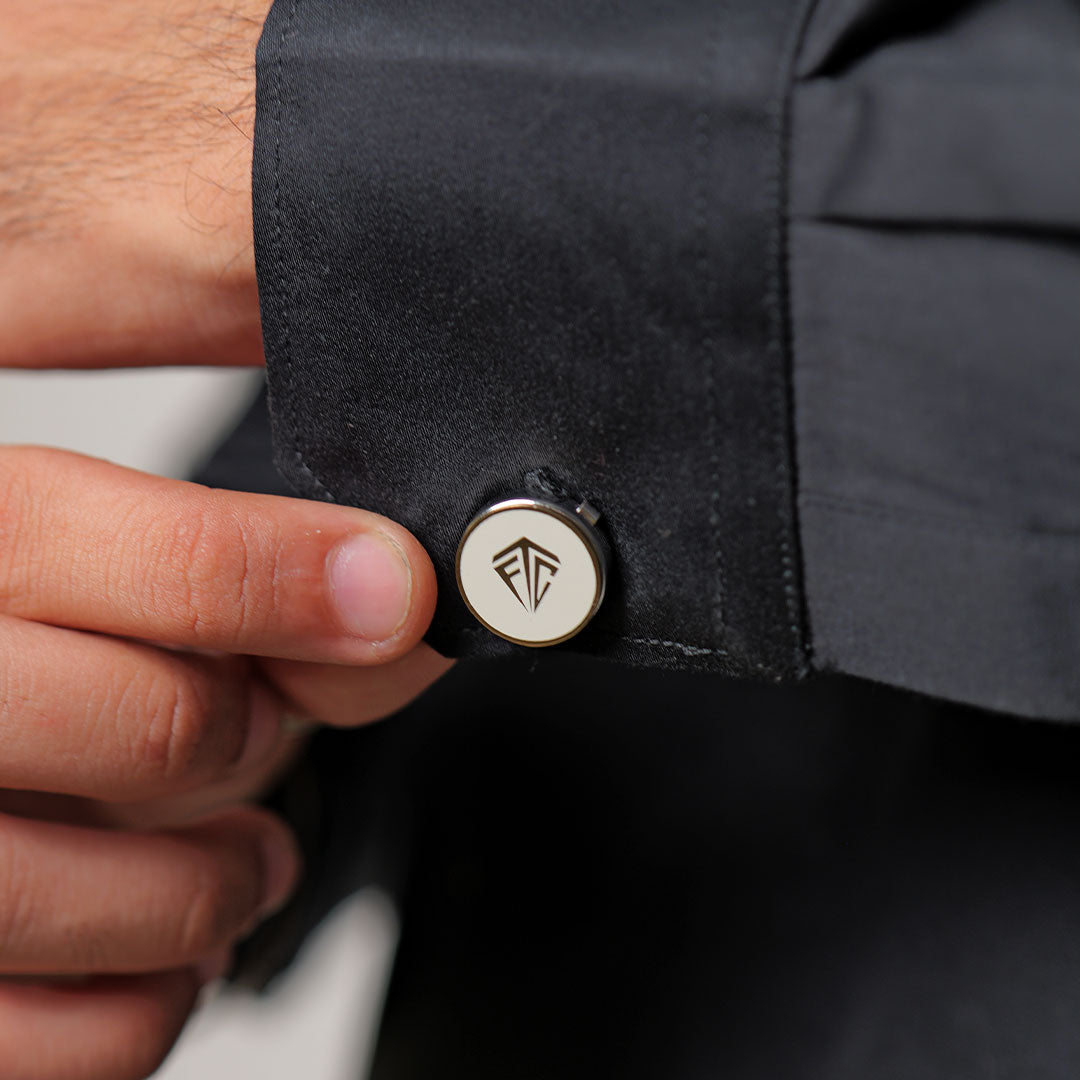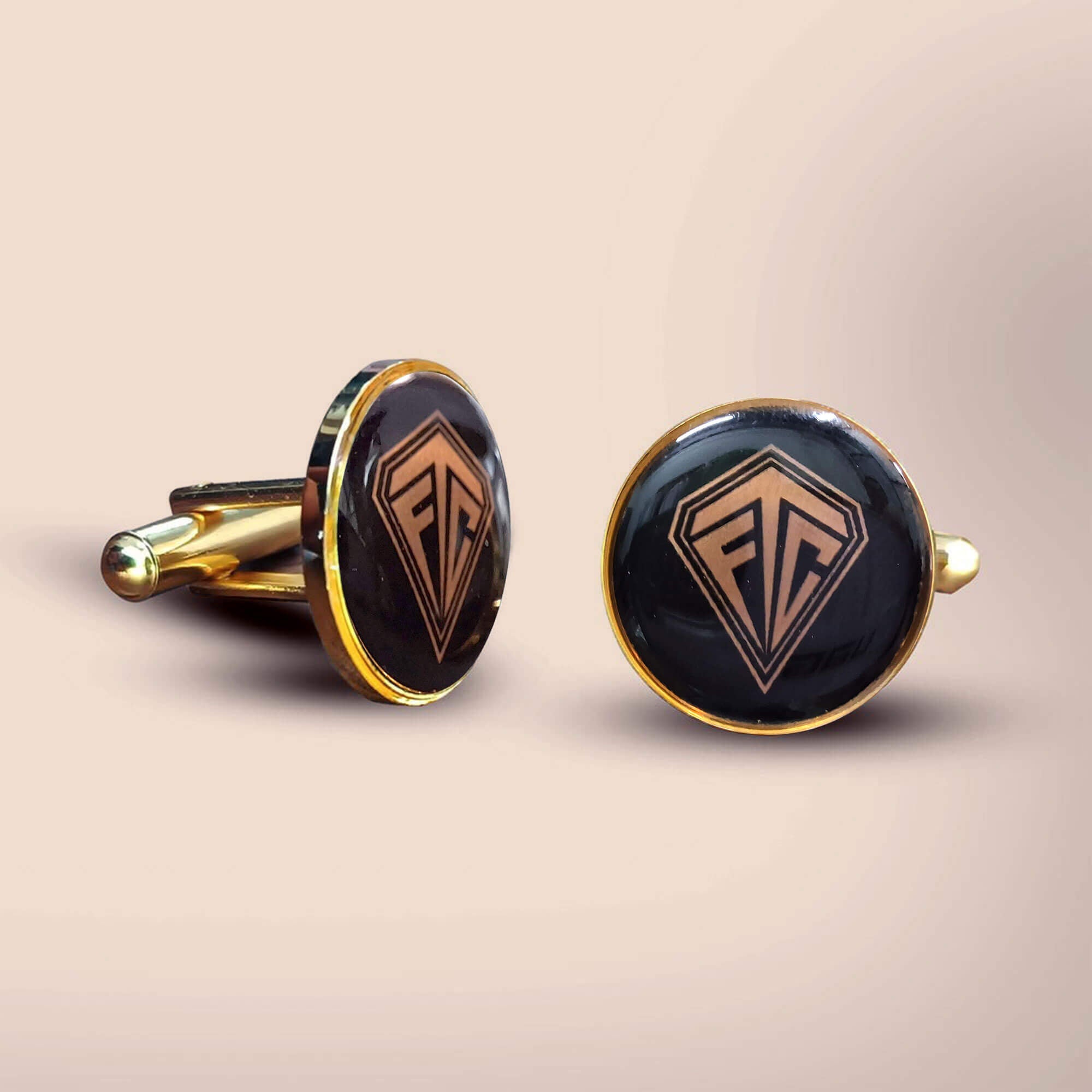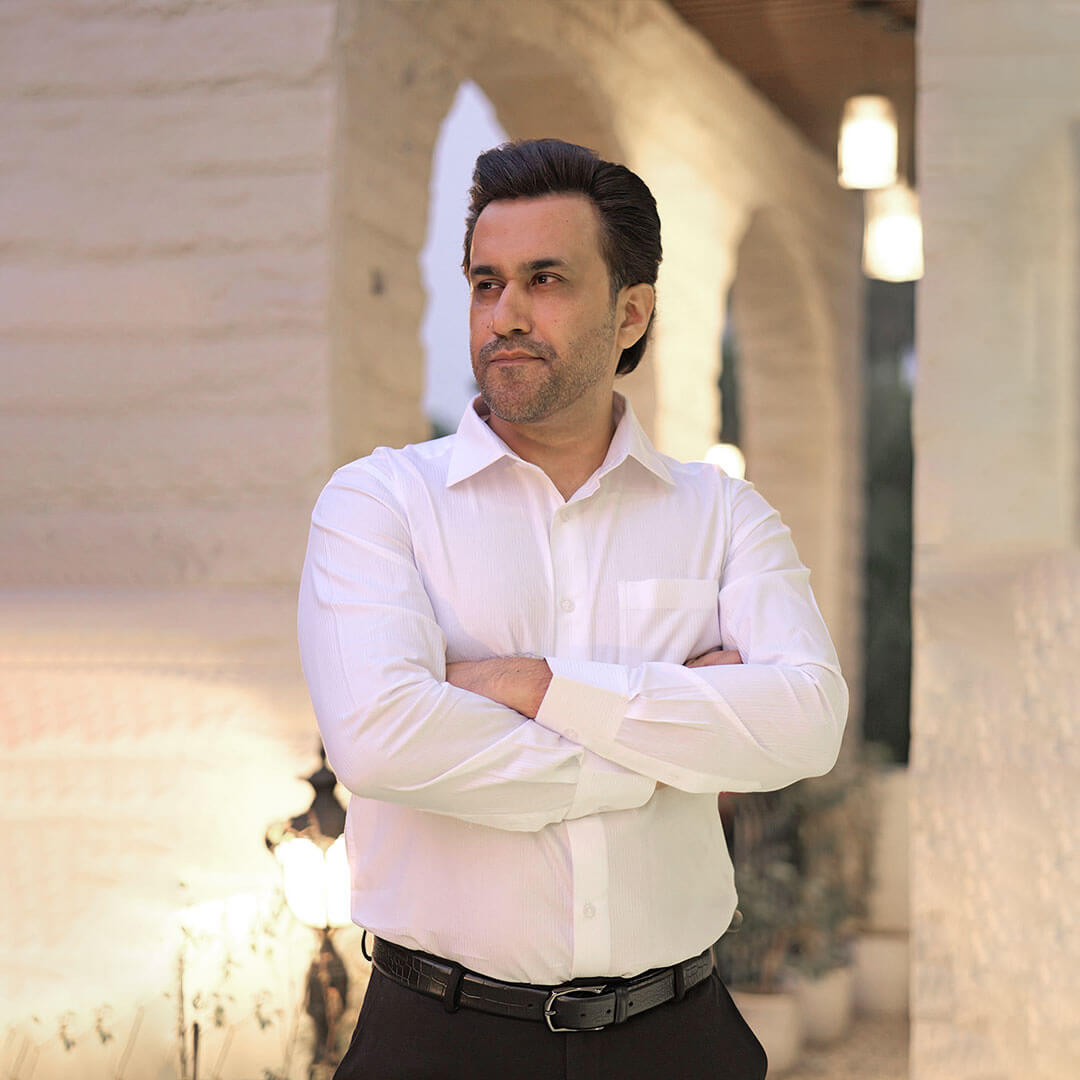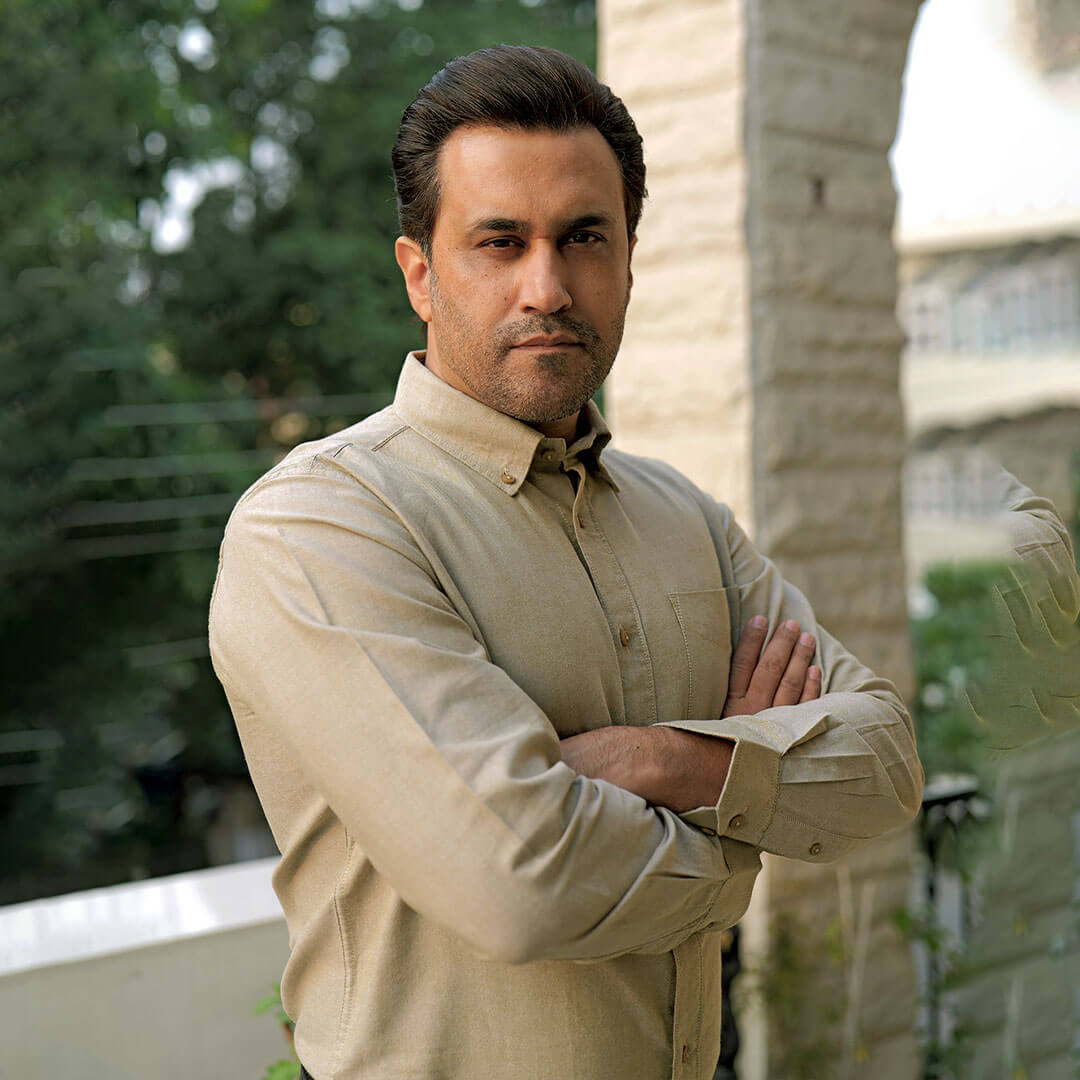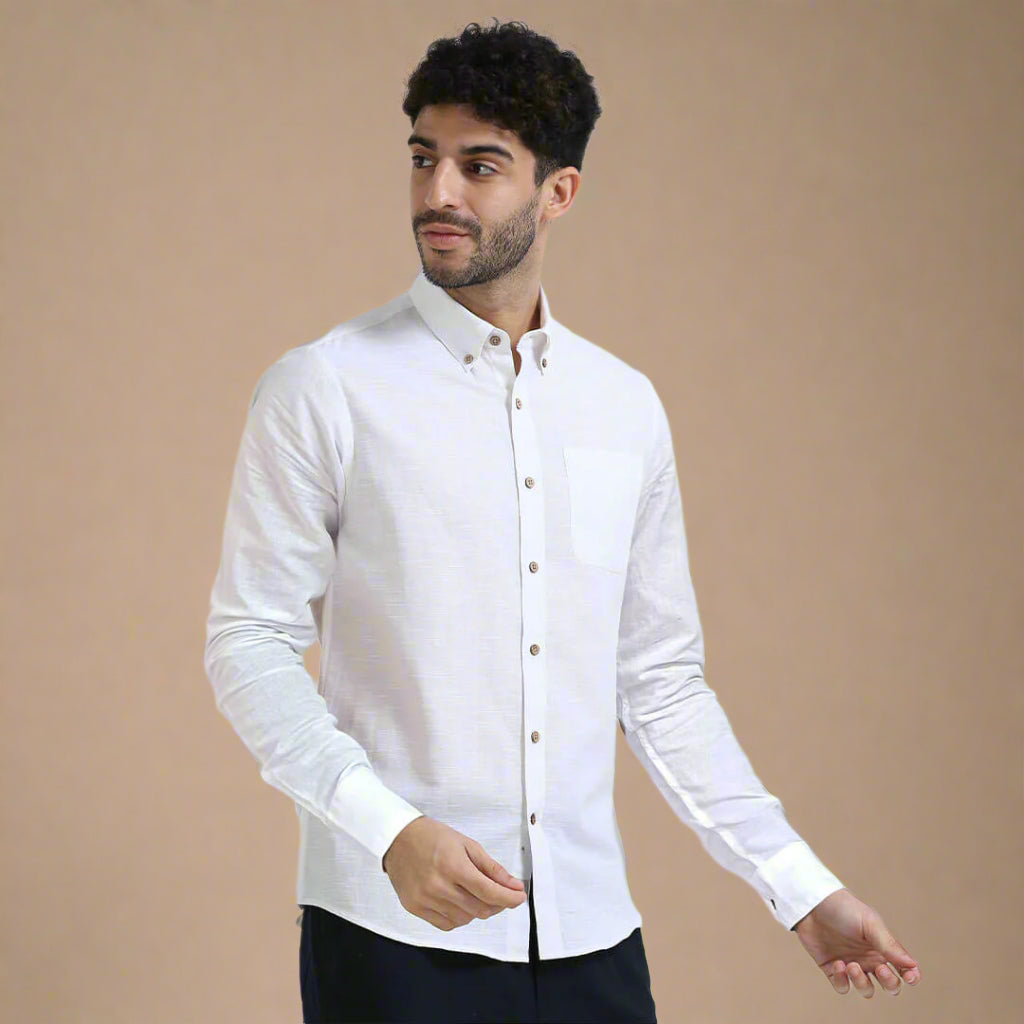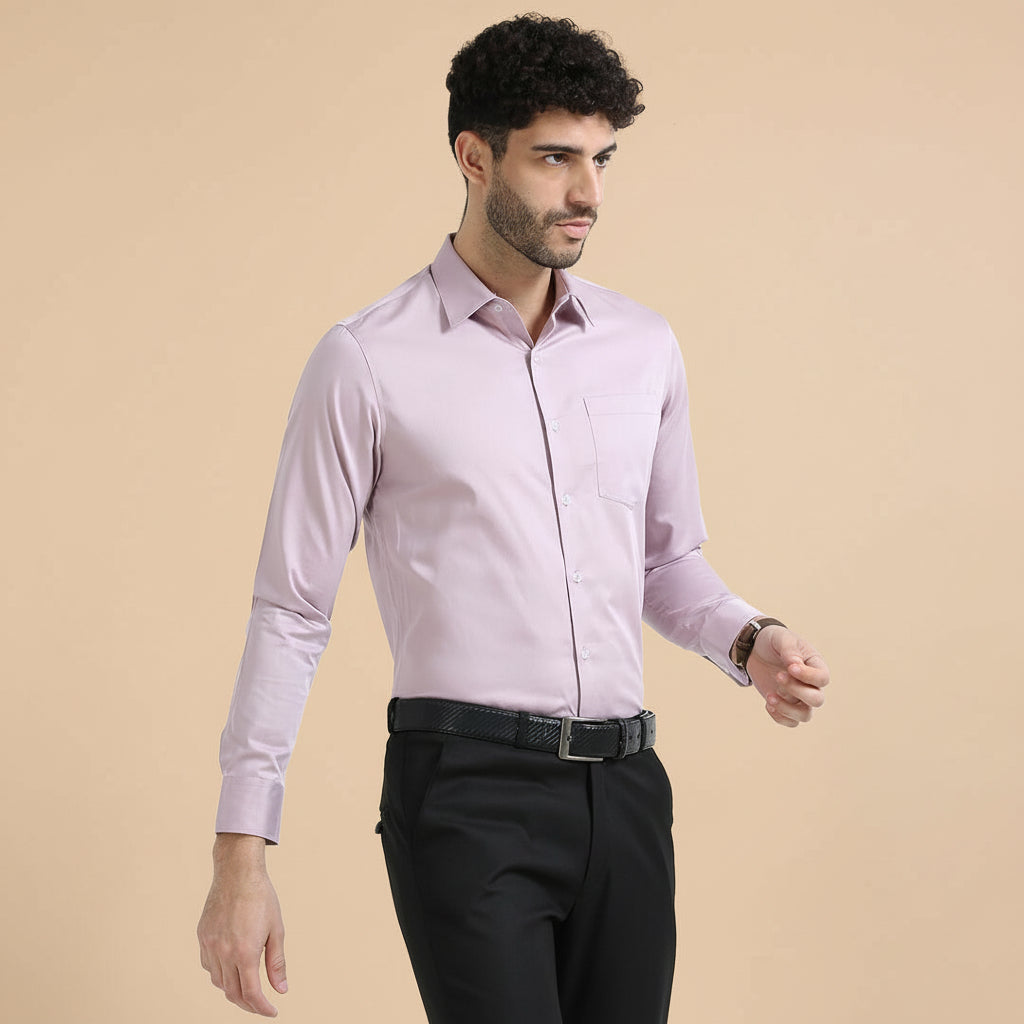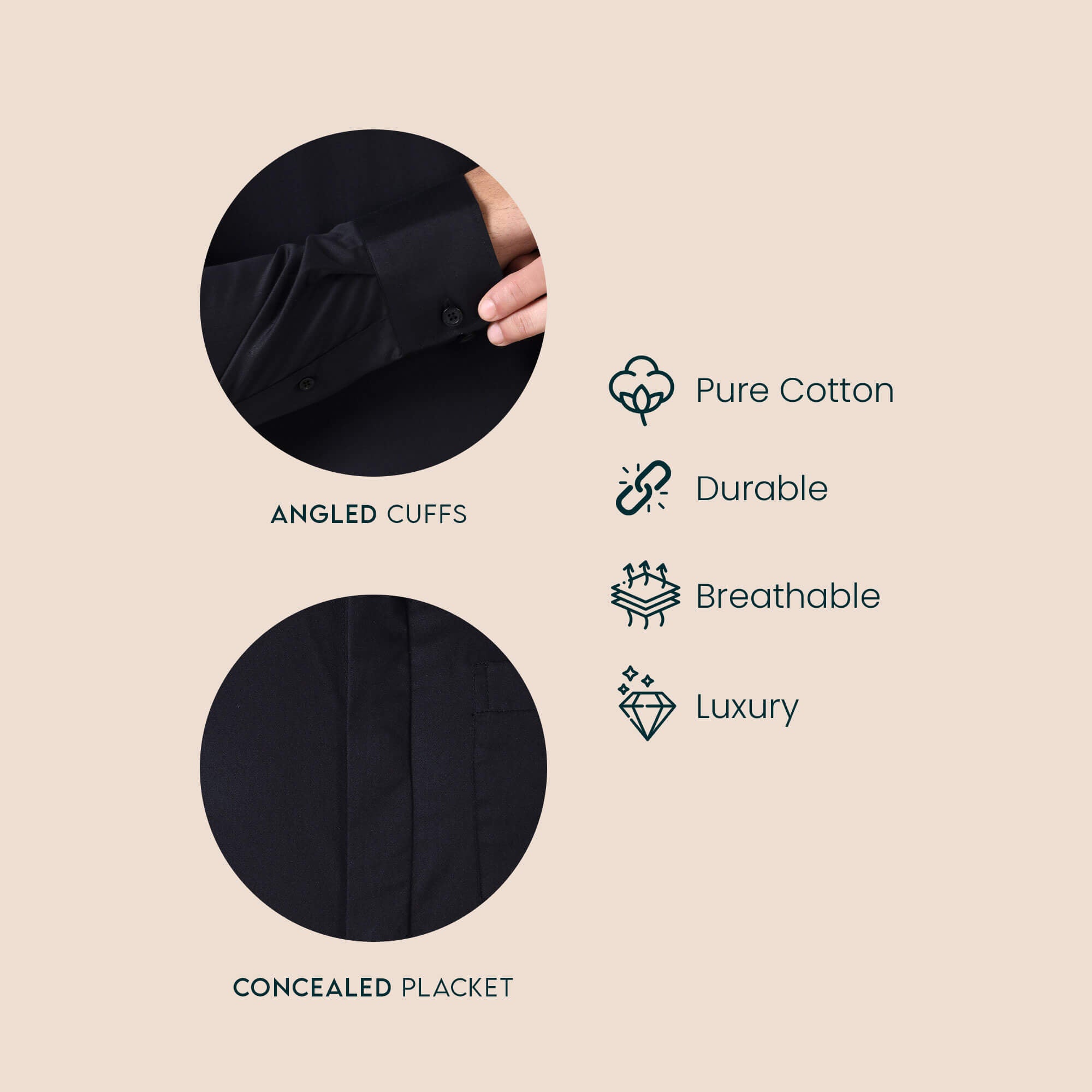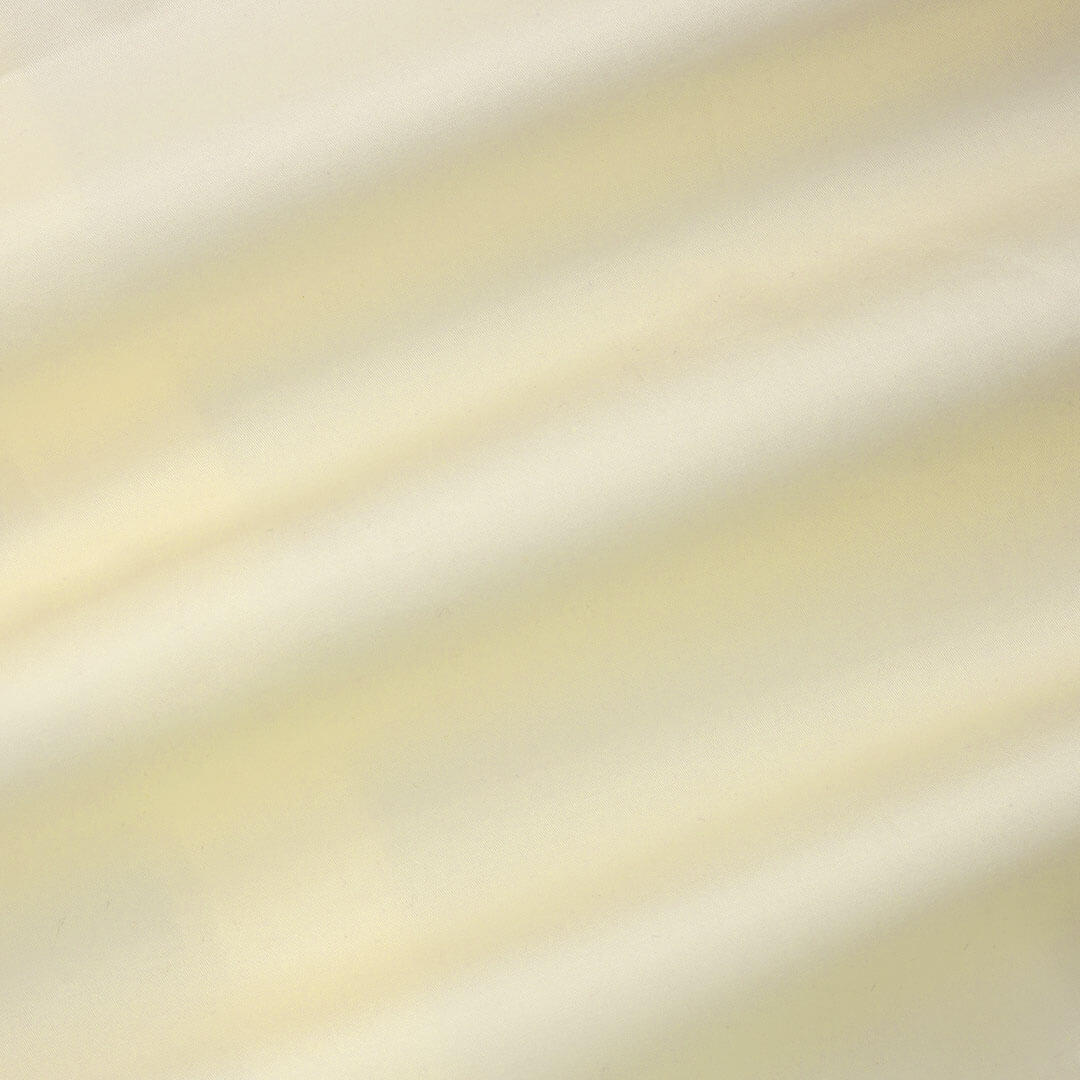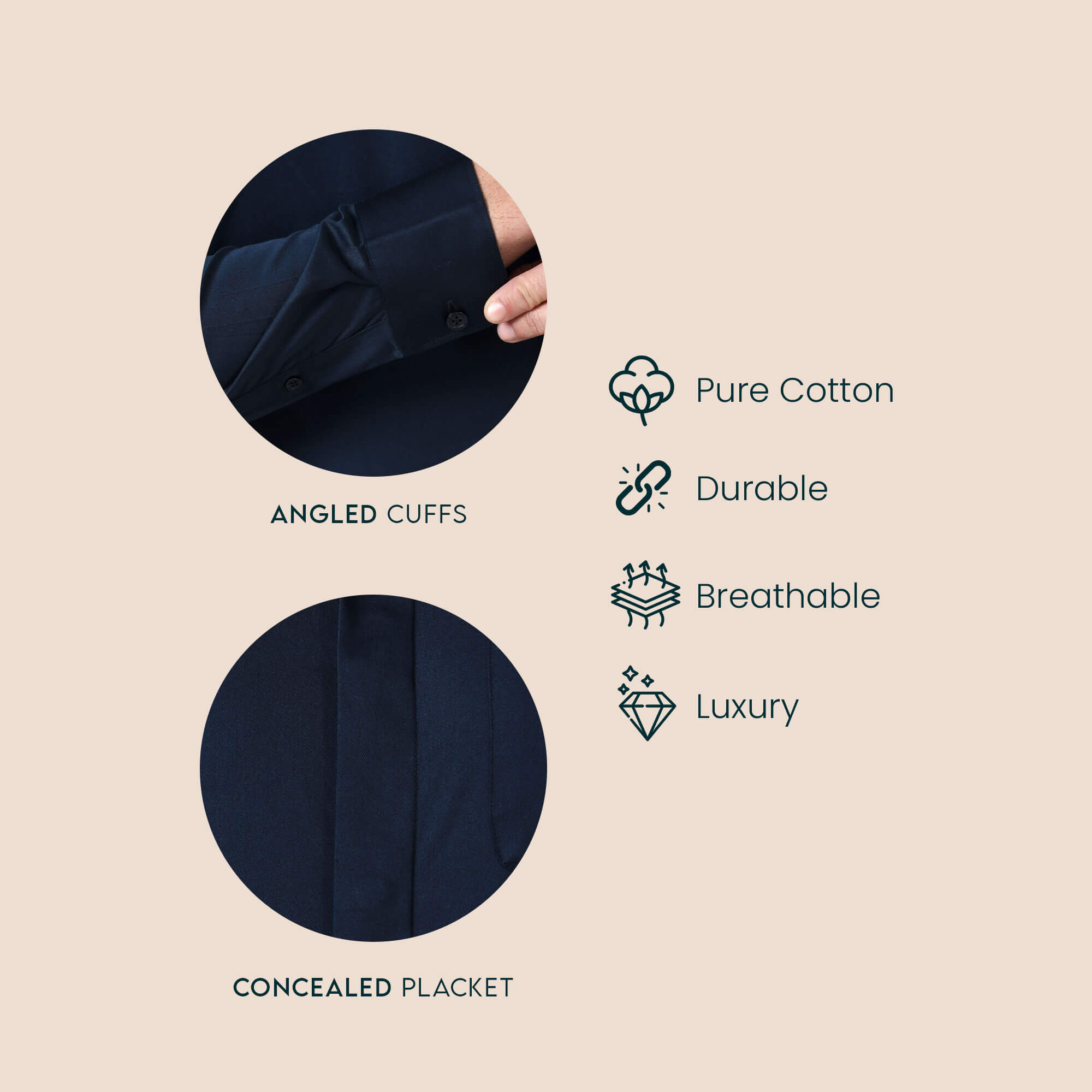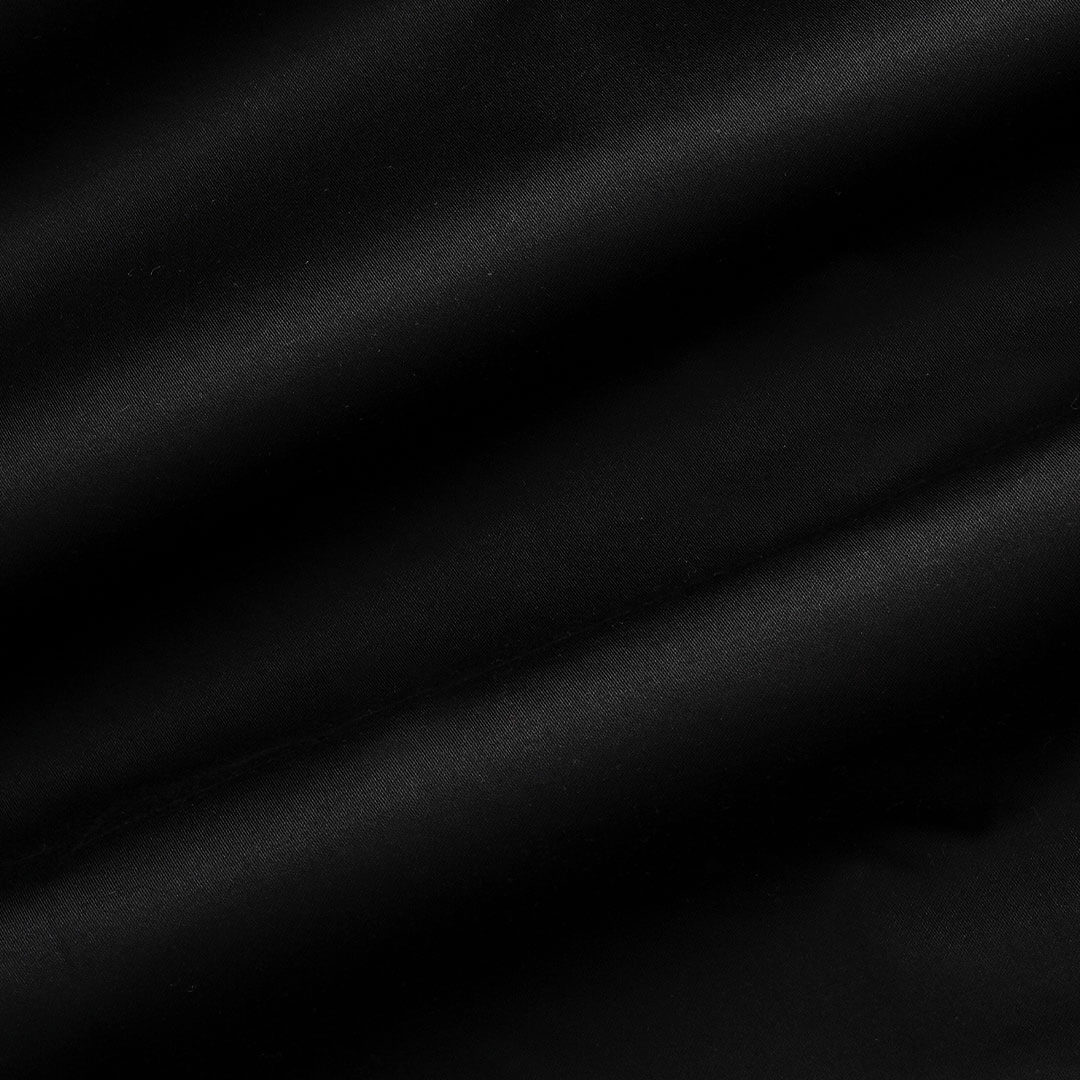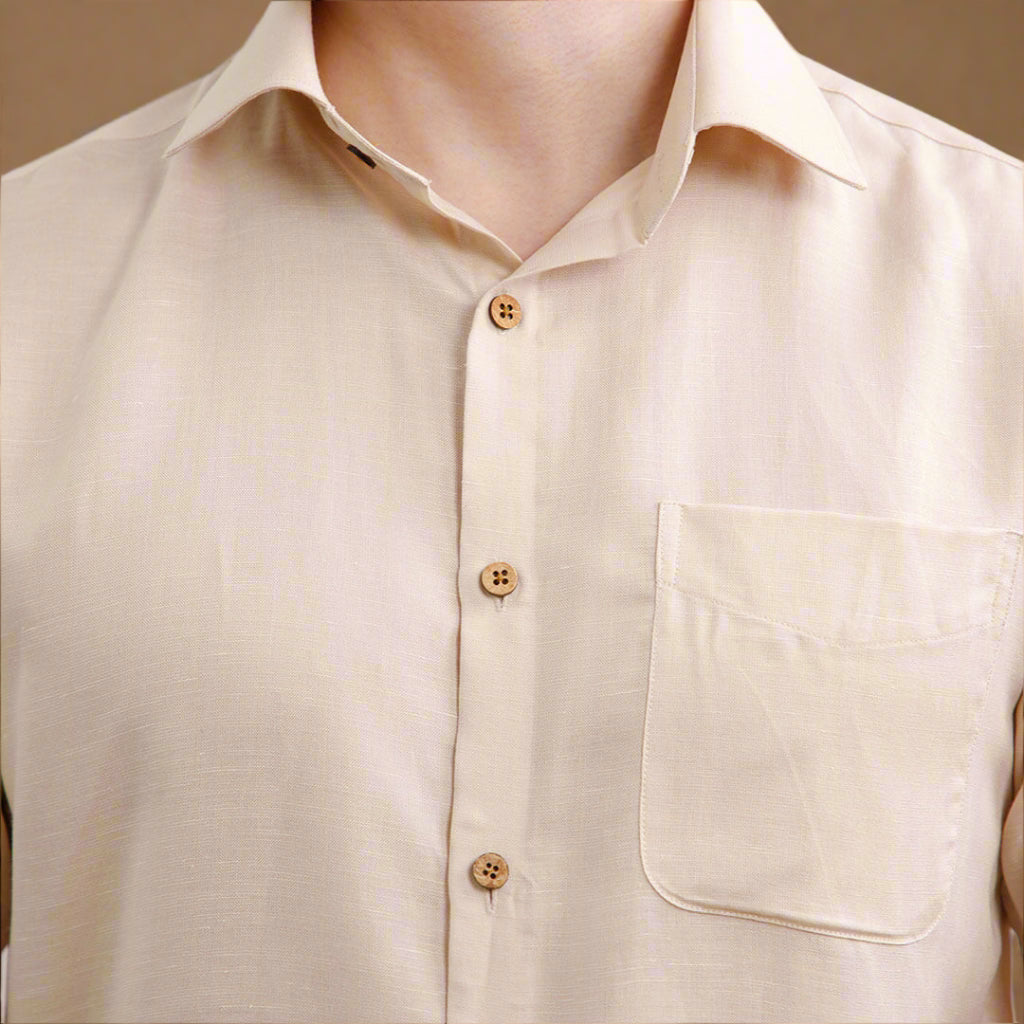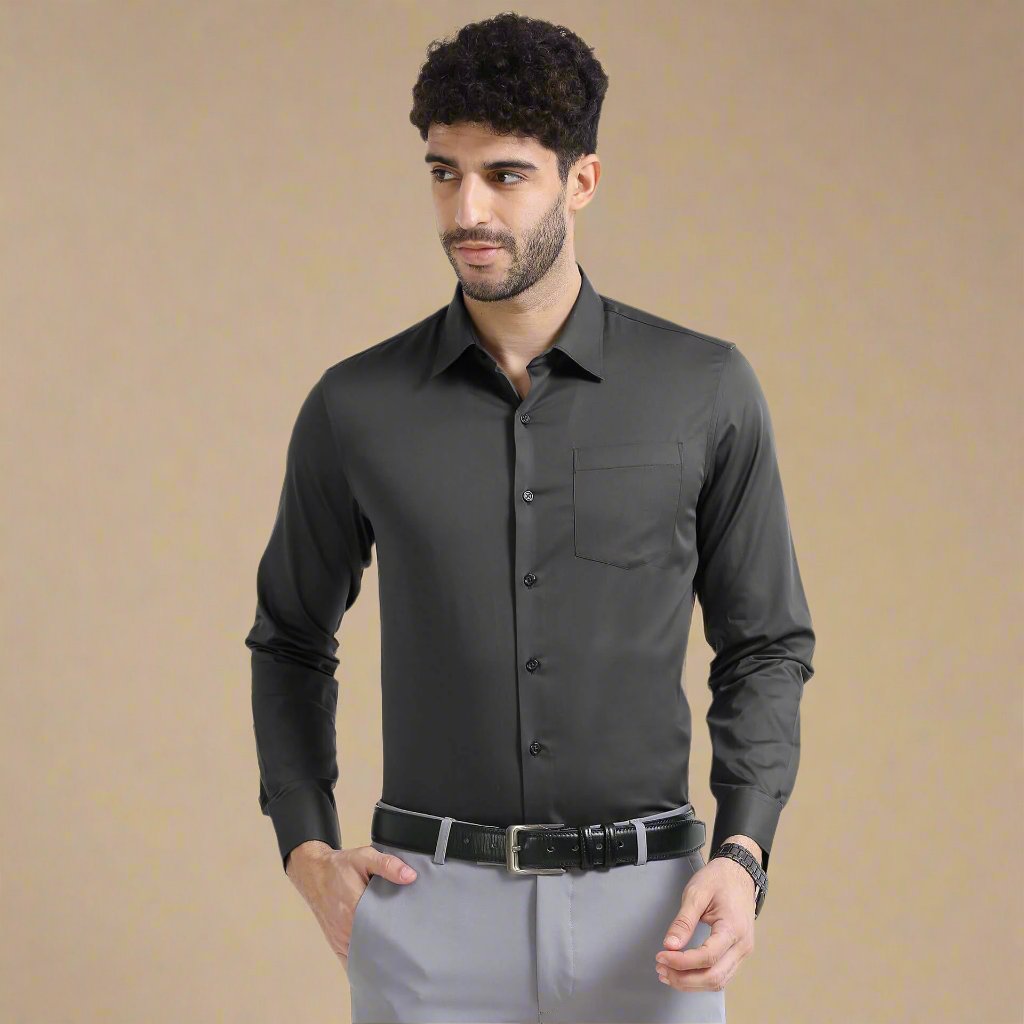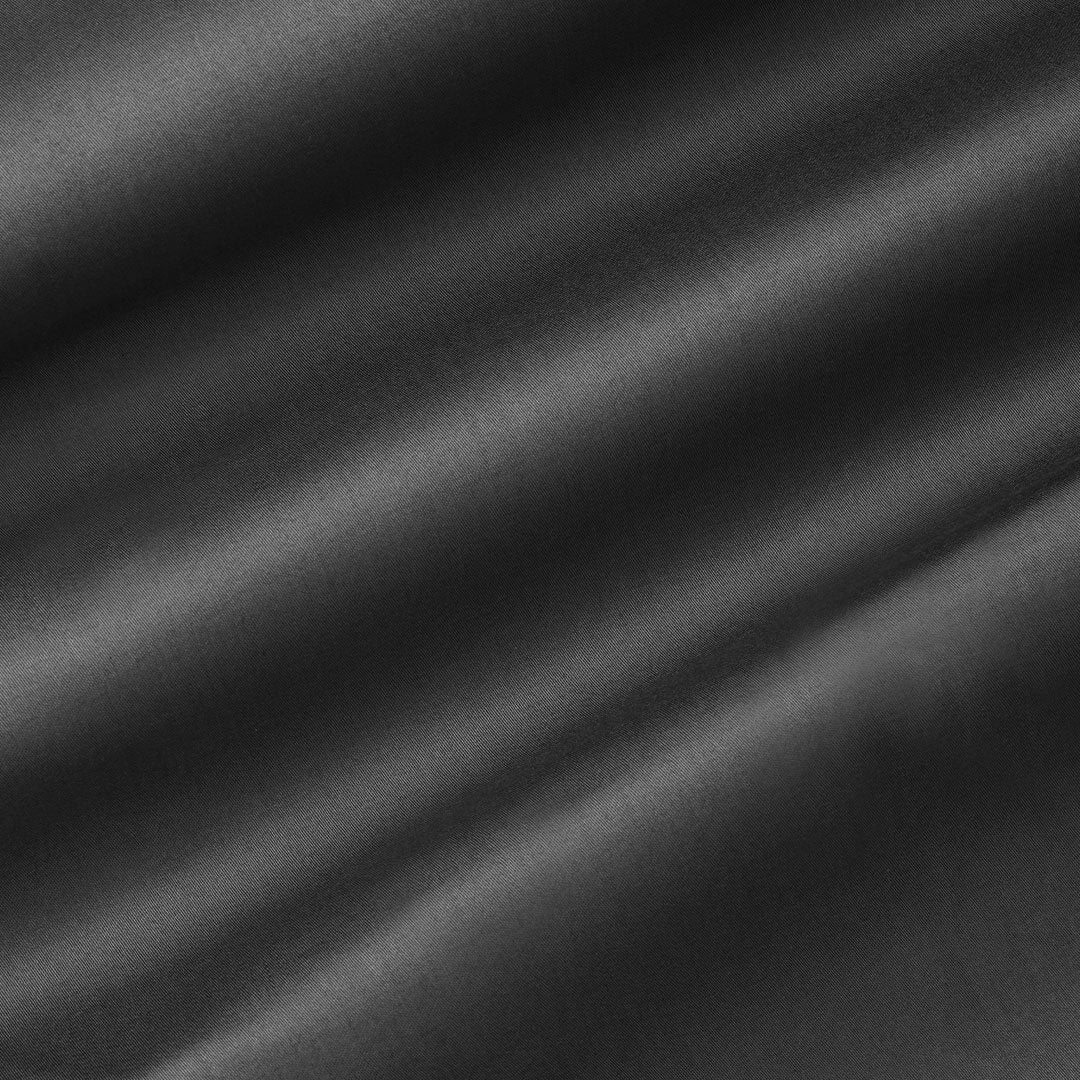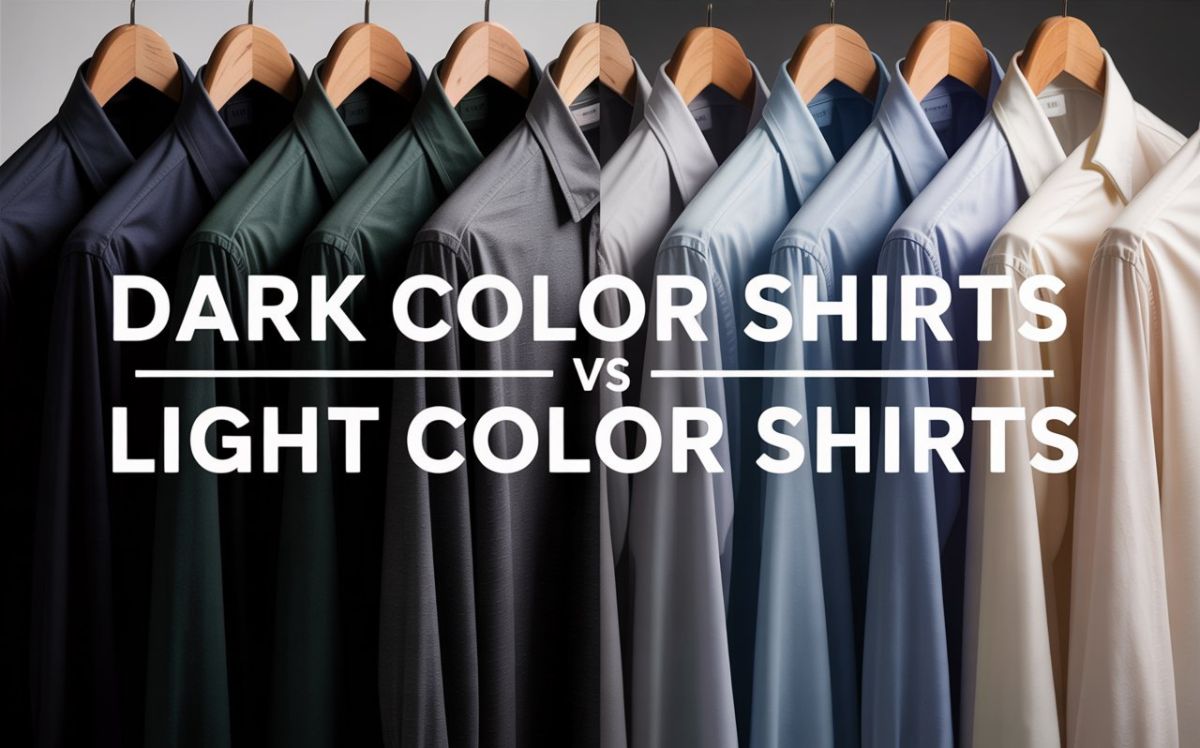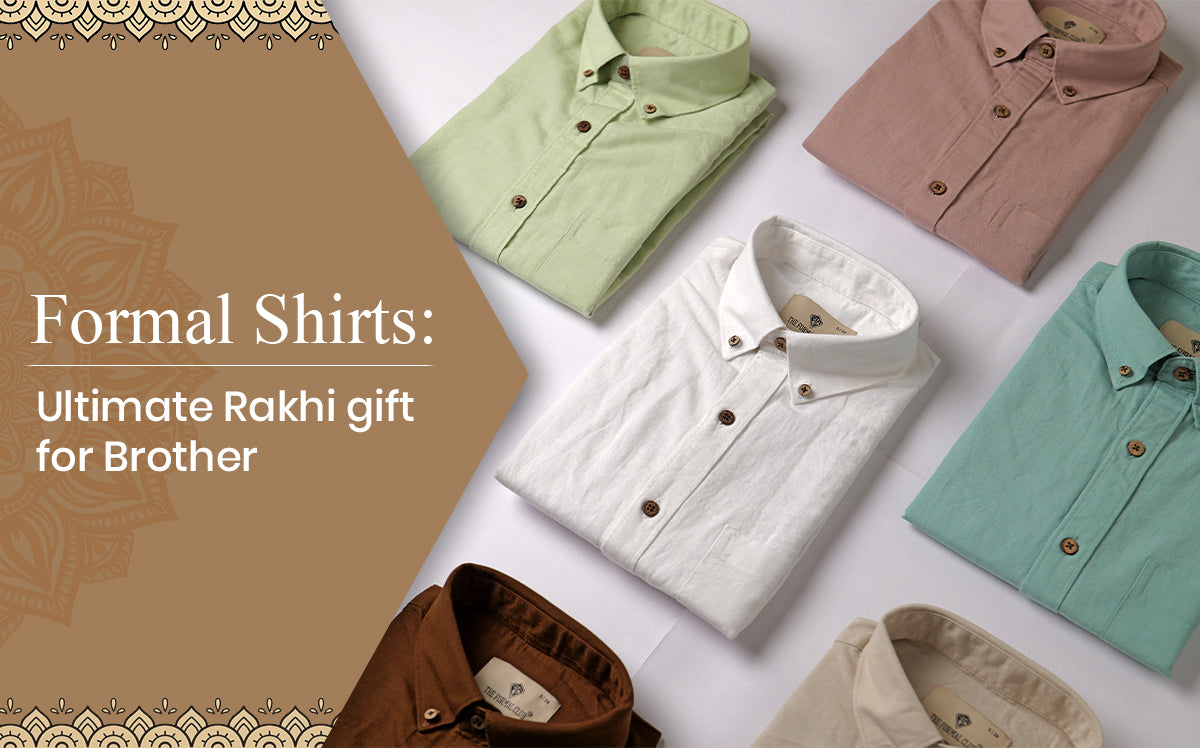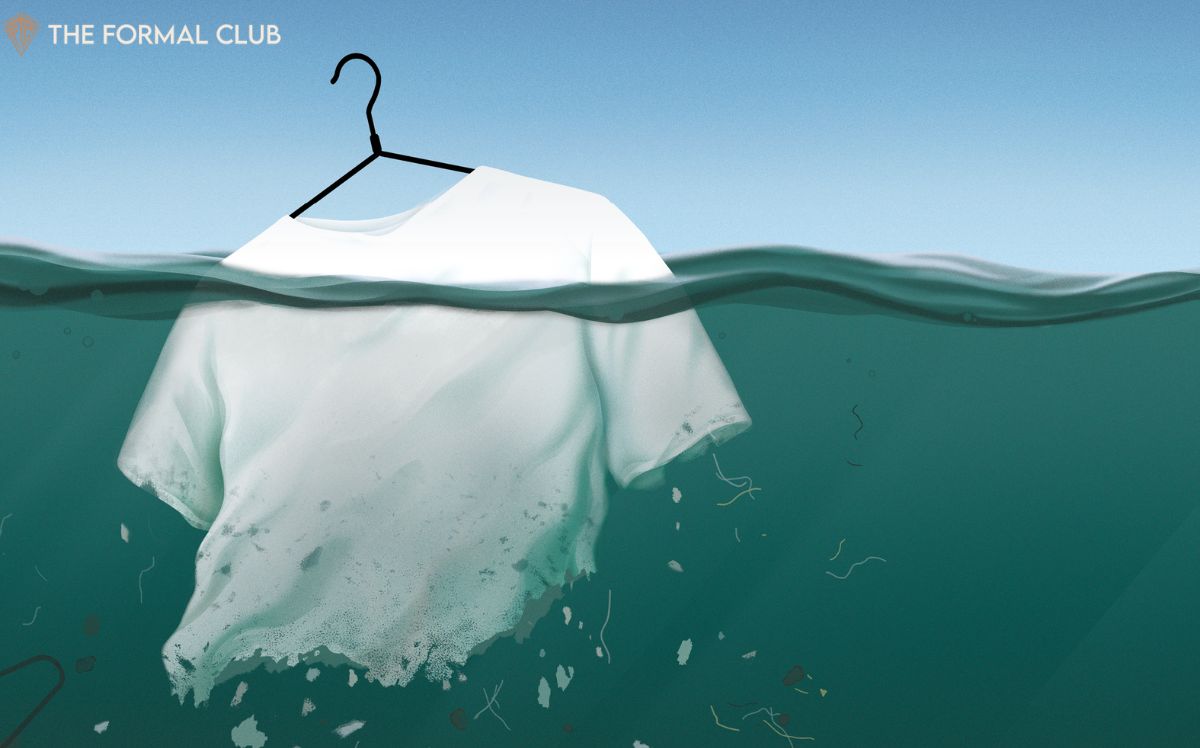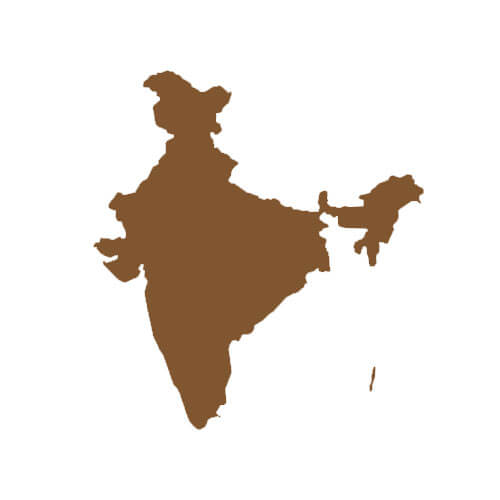Unravelling the Impact of The Formal Club’s TENCEL Shirts
Want to know how exactly TFC’s TENCEL shirts are ethical and eco-friendly? Let’s take a look at their life-cycle and impact.
What Is TENCEL Fabric?
TENCEL, also known as Lyocell, is a premium fabric made from sustainably sourced wood pulp, primarily eucalyptus, using a closed-loop production process that recycles 99% of solvents.
Is TENCEL Sustainable?
Yes. TENCEL’s eco-friendly production minimizes water usage, reduces chemical waste, and relies on FSC-certified wood pulp. Its biodegradable nature ensures that garments return to the environment without leaving toxic residues.
Is TENCEL Good for Indian Weather?
Absolutely. With 50% higher moisture absorption than cotton, TENCEL shirts keep you cool and dry, making them perfect for India’s hot and humid climate. The fabric is lightweight, breathable, and soft against the skin, ideal for office wear and summer formal attire.
Environmental Impact and Water Usage
TENCEL fabric for our lyocell, Tencel, and Tencel blend shirts is made using the same closed-loop technology that is used to make sustainable Lyocell in Europe. This means we reuse the water during the production cycle, reducing the water usage, and releasing less toxic by products into the environment.
As popular wisdom goes, TENCEL tends to require less energy than conventional fabrics like cotton. Additionally, you cannot call a fabric TENCEL unless it is made of responsibly sourced wood and our shirts are all FSC certified, meaning this Eucalyptus based fabric will biodegrade.
Every TENCEL shirt you buy instead of a cotton one, you save around 10 times more water. Drink up?
Impact on Soil
The raw material for the TENCEL shirts we sell is sourced responsible from FSC certified wood pulp. We strongly stand against unsustainable deforestation.
Since the TENCEL fabric comes from wood pulp, there is no question using pesticides to grow the trees, which means that there is no surface run off or soil destruction. Yet, we cannot claim our TENCEL shirts are certified organic as they simply are not.
Travel emissions
While our shirts travel, both to us from mills and to you from our headquarters in Chandigarh, as an effort to reduce that travel impact, we send a seed paper thankyou note with every order.
Not only does this allow us to build a community, an important part of sustainable living, and appreciate our customers but it also means the plant grown will help mitigate the carbon in the air.
Plus, all tags on our shirts are seed paper, meaning you will get the cooling effect of multiple plants. Sure, house plants aren’t the most sustainable, but if we can help pollinators, cool our homes, filter VOCs from our air, and reduce our carbon footprints, why not do that?
Other than the environment, we also take social aspects of sustainability and responsible living seriously. Not only do we engage in several charitable initiatives, but our formal shirts for men are made in small batches to reduce waste with the help of the local community. Keeping to ethical standards, helps us empower our communities, paving the way for a better future.
Impact on People
1. Human health
Since our TENCEL shirts are made of raw materials that is made in a closed loop system, we do not expose the environment or people to many toxins.
Plus, the material is safe to wear on the human skin and helps against heat, which is the need of the hour in India with the rising temperatures. Tencel also has 50% more absorption than cotton, making it perfect to beat these heat waves.
2. Fair Trade
We adhere to the highest ethical standards when paying our workers for the shirts they made. The mills we work with claim the same.
Another important aspect of healthy ecosystems is biodiversity.
Impact on Animals
1. Effect on marine life
As we work with a closed loop system that minimizes water usage and the release of toxins into the environment, we can assume out TENCEL shirts have no dire effects on marine live, especially since TENCEL is a sustainable plant-based fabric.
2. Plant-based
As mentioned TENCEL is a plant-based fabric which comes from wood pulp. While that process requires the use of chemicals, we try our best to minimize harm on ecosystems. Thus, you could call our TENCEL shirts vegan and low-impact, though they aren’t the most sustainable item on the block either.
Ready to start look chic while also being sustainable? Join hands with The Formal Club, with our wide range of TENCEL shirts, which are versatile and durable to serve you well for a long time.
Benefits of TENCEL Shirts for Indian Climate
- Moisture-Wicking: Absorbs 50% more than cotton, keeping you dry in heat and humidity.
- Naturally Cooling: Provides a fresh, breathable feel throughout the day.
- Anti-Bacterial & Hypoallergenic: Reduces irritation and odor, ideal for office wear.
- Durable & Wrinkle-Resistant: Maintains crisp, polished look even with regular wear.
- Soft & Comfortable: Silky texture prevents chafing, perfect for long hours.
Why Choose The Formal Club TENCEL Shirts?
- Eco-friendly & sustainable: Reduces water usage, toxins, and waste.
- Perfect for Indian weather: Breathable, moisture-wicking, and heat-resistant.
- Ethical production: Fair wages, small-batch manufacturing, and community engagement.
- Vegan & hypoallergenic: Safe for all skin types.
- Stylish & durable: Smart-fit designs with long-lasting quality.
FAQs
Q1. What is TENCEL fabric, and why is it special?
Ans: TENCEL is a sustainable fiber made from responsibly sourced wood pulp, primarily eucalyptus, using a closed-loop production process. It’s soft, breathable, moisture-wicking, and environmentally friendly, making it ideal for Indian summers and professional wear.
Q2. Are The Formal Club’s TENCEL shirts eco-friendly?
Ans: water system in production, and biodegradable materials. This reduces water usage and pollution compared to traditional cotton shirts.
Q3. How do TENCEL shirts compare to cotton shirts?
Ans: TENCEL shirts are softer, more breathable, moisture-wicking, and eco-friendly. They use significantly less water during production and are gentler on the skin, making them perfect for hot and humid climates in India.
Q4. Are TENCEL shirts suitable for Indian summers?
Ans: Absolutely. TENCEL shirts are lightweight, breathable, and absorb moisture 50% better than cotton, keeping you cool and comfortable even during intense heat.
Q5. Are TENCEL shirts hypoallergenic and safe for sensitive skin?
Ans: Yes. TENCEL fibers are smooth, soft, and free from harsh chemicals, making them suitable for sensitive skin and reducing the risk of irritation.
Q6. Do TENCEL shirts wrinkle easily?
Ans: TENCEL shirts are naturally resistant to wrinkles, making them ideal for professionals who need to maintain a crisp, polished look throughout the day.
Q7. Are TENCEL shirts vegan and cruelty-free?
Ans: Yes. TENCEL is plant-based, derived from wood pulp, and no animal products are involved, making it a vegan-friendly and low-impact option.
Q8. How should I wash and care for TENCEL shirts?
Ans: Wash TENCEL shirts in cold or lukewarm water, preferably on a gentle cycle. Avoid harsh detergents, and air-dry or tumble dry on low heat to maintain fabric softness and longevity.
Q9. Does buying a TENCEL shirt from The Formal Club support ethical practices?
Ans: Yes. The Formal Club ensures fair wages for workers, small-batch production to reduce waste, and sustainable sourcing practices. Each purchase supports ethical fashion and community empowerment.
Q10. Where can I buy The Formal Club TENCEL shirts online?
Ans: You can purchase TENCEL shirts directly from The Formal Club’s official website. Popular options include slim-fit, smart-fit, and classic styles suitable for office and formal wear.


